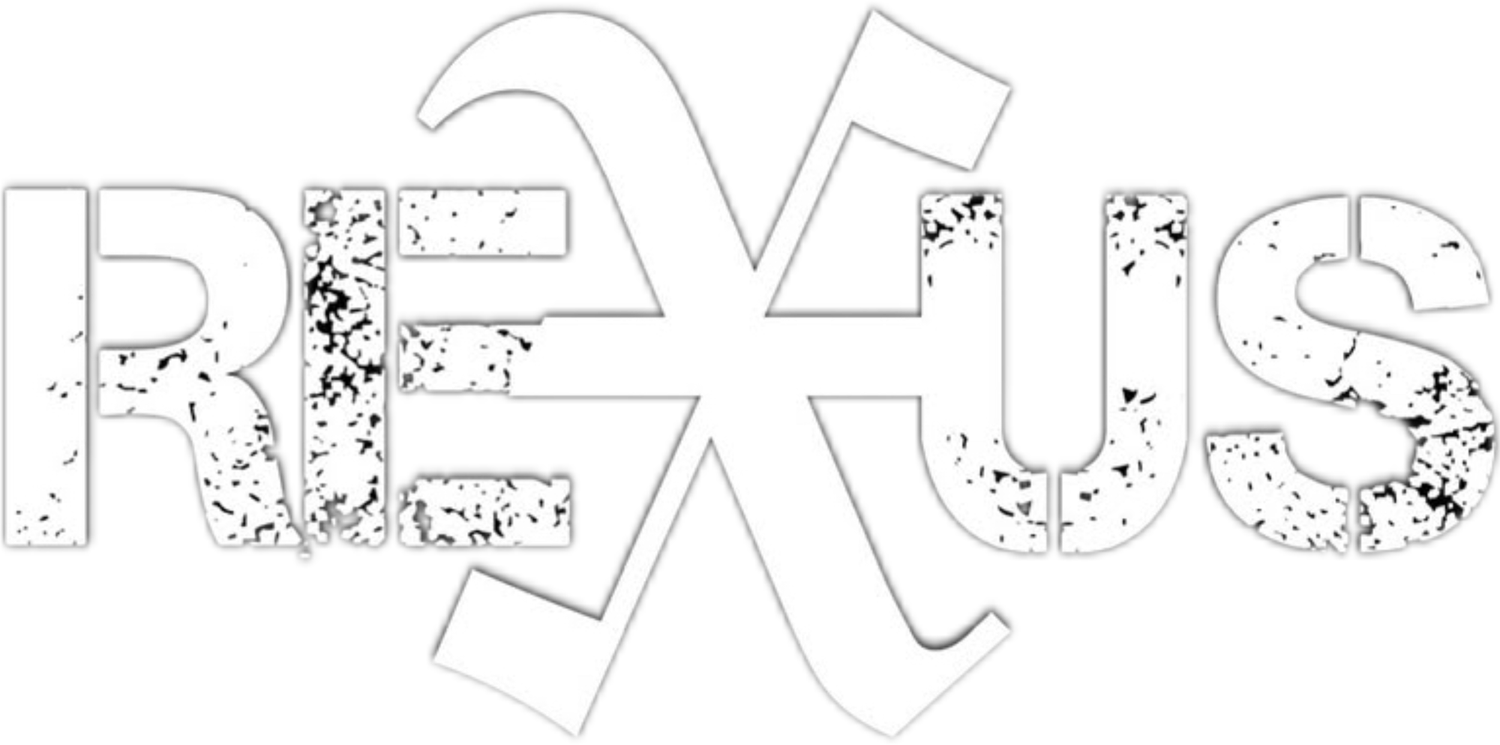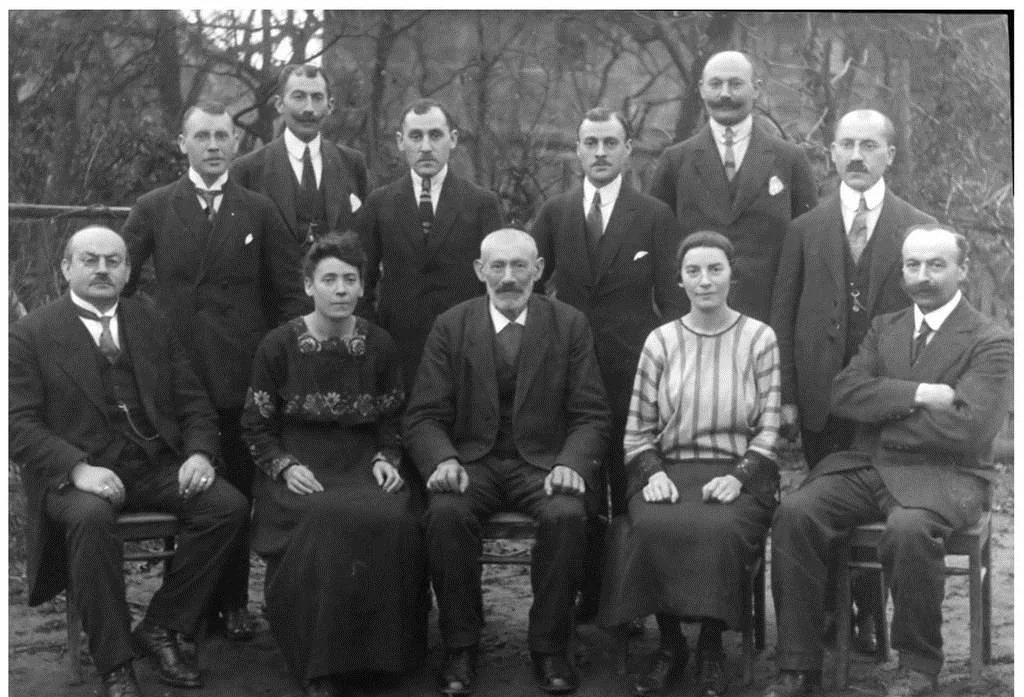Power, Secrecy, and Controversy: A Deep Look at the Rothschild Legacy
The Dynasty That Rose Above Kings
The story of the Rothschild family begins in 18th-century Frankfurt, where Mayer Amschel Rothschild laid the foundation for what became the most powerful banking dynasty of its era. Through strategic marriages, tight family control, and an unprecedented network of private banks across London, Paris, Vienna, Naples, and Frankfurt, the Rothschilds built an empire that, by the mid-1800s, was more financially influential than many governments.
They didn’t just manage money — they financed wars, infrastructure, and empires. During the Napoleonic Wars, their banking network was used to transfer massive sums across enemy lines, something no government could do alone. Their speed in gathering intelligence — often through couriers faster than royal messengers — gave them an information advantage that translated into vast wealth.
This extraordinary power, largely concentrated in one family, is a major reason why the Rothschilds have remained at the center of both admiration and suspicion for over two centuries.
Controversies Rooted in Real History
Unlike many conspiracy narratives, there are documented cases of Rothschild involvement in controversial financial and political maneuvering:
War Financing: The Rothschild banks provided funding to multiple European governments, including Britain and its allies, which profited from war bonds. While this was legal banking activity at the time, critics argued they benefited from human suffering and conflict.
Colonial-era investments: Some branches of the family financed resource extraction and colonial infrastructure projects that were tied to imperial exploitation.
Monopoly-like Influence: For a period in the 19th century, their financial reach was so broad that they were able to influence bond prices and access to credit across several nations.
This is part of what made their power “dark” in the public imagination. It wasn’t about secret control of the world — it was about very real economic control at a time when governments depended on private bankers to survive.
Where Conspiracies Began
The family’s preference for secrecy made it easy for rumors to take root. They rarely gave interviews, conducted much of their business in private letters, and were known for keeping wealth inside the family through marriages between cousins.
This aura of secrecy led to a flood of claims, such as:
That they controlled global banking systems.
That they pulled strings behind wars.
That they funded both sides of conflicts to profit.
That they were involved in global political manipulation.
Some of these claims are based on real influence that got distorted over time. For example, it is true that Nathan Mayer Rothschild received news of Battle of Waterloo before the British government — a fact that allowed him to make financial moves quickly. But conspiracy versions of this story claim he “crashed the British economy” and “bought England overnight,” which historians have found no credible evidence for.
Claims About “Silencing” Journalists and Whistleblowers
Many conspiracy narratives connect the Rothschilds to journalists who died under mysterious circumstances after investigating finance, war, or global power structures.
Let’s be clear:
There is no direct evidence linking the family to these deaths.
Most cases involve journalists investigating government corruption, intelligence agencies, or organized crime, not specifically Rothschild enterprises.
However, conspiracy forums often link any death in this field to powerful financial families, reflecting a deep mistrust of elites rather than proven fact.
Examples often cited include reporters who worked on offshore finance leaks or political corruption. Official investigations typically attribute these deaths to other actors or personal factors, but lack of transparency in some cases keeps speculation alive.
Financial Power and Modern Networks
While the Rothschild family no longer holds the kind of centralized banking power it once did, they still maintain significant private wealth through investment firms like Rothschild & Co, vineyards, and asset management.
This continued wealth — combined with the family’s historical mystique — fuels modern theories that they are part of secret financial cabals or “shadow governments.” These narratives have often been amplified online without reliable sourcing.
However, their documented connections to major political figures, early intelligence networks, and international deals are real. Their historical role in shaping infrastructure and war finance is undeniable — and that legacy continues to inspire distrust today.
Why “Evil Empire” Narratives Persist
Centralized Power Breeds Suspicion: Few families in history amassed as much power as quickly.
Secrecy: Their private operations made it difficult to separate fact from rumor.
Real Wars, Real Profits: Financing governments during war, though legal, left a moral stain.
Echoes of Antisemitic Propaganda: Unfortunately, many conspiracies about the Rothschilds are intertwined with old antisemitic tropes, which both distort facts and weaponize them.
Mistrust of Elites: In an era of economic inequality, they remain a symbol of “hidden hands” behind the system.
Verified vs. Unproven: What the Evidence Actually Shows
ClaimEvidenceStatusRothschilds financed both sides of warsDocumented financial involvement with multiple governments during European conflictsTrue (historical)Rothschilds controlled the Bank of England or global central banksNo credible evidence; banks are state-run institutionsFalseThey own most of the world’s wealth todayTheir wealth is significant but far surpassed by modern corporations and billionairesFalseThey orchestrated the deaths of journalistsNo verifiable evidence; based on speculationUnprovenThey had influence on bond markets and national debtWell-documented influence during 19th centuryTrue (historical)
Final Thoughts: Power Is Real, Myths Are Powerful Too
The Rothschild family was undeniably one of the most powerful financial dynasties in modern history. Their role in shaping wars, economies, and politics is complex — part fact, part fear, part myth. They were not angels, and their pursuit of power and profit came at the expense of others at times, just as many elite actors of that era.
But there is a difference between holding extraordinary power and controlling the world in the shadows. Many of the “evil empire” stories are built on layers of real history, amplified myths, and political agendas.
Understanding this history fully requires both investigating the controversial truths and separating them from fabricated or bigoted conspiracy narratives.


